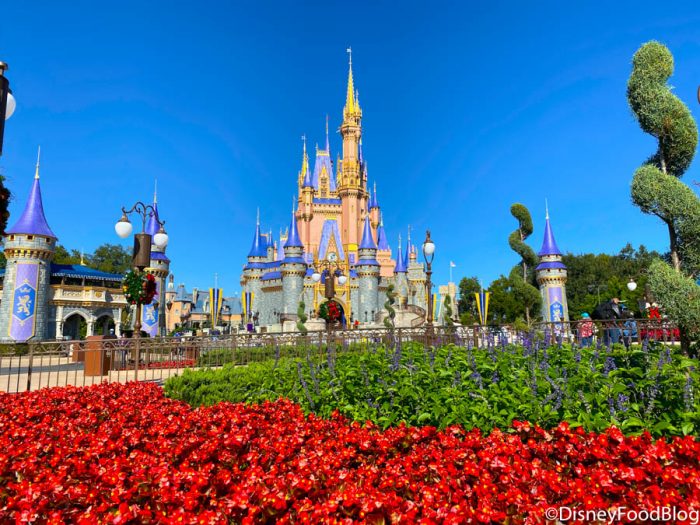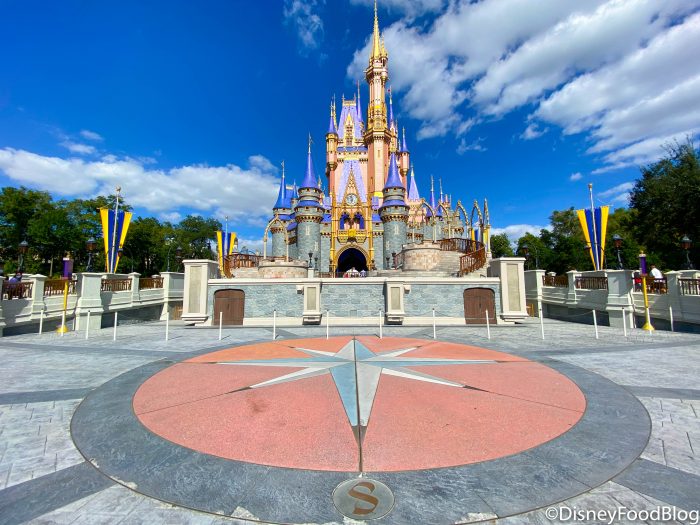If you’re here on DFB and reading this, odds are you love Disney or maybe you know or love someone who is totally obsessed with all things related to the Mouse that started it all.
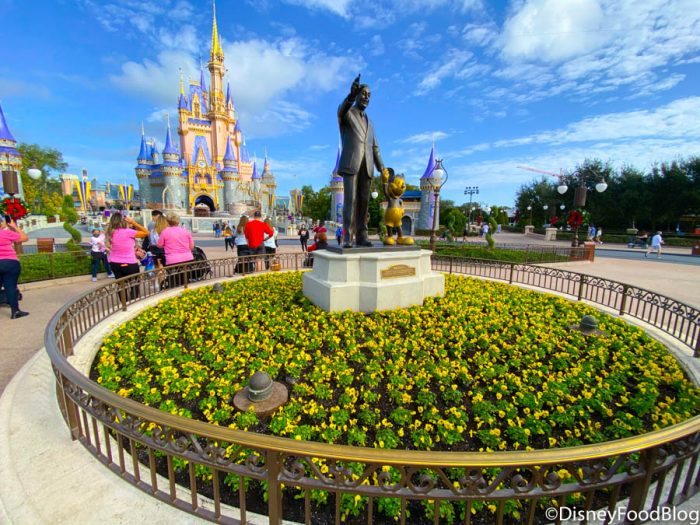
Magic Kingdom
Maybe you’ve always felt like Disney fans are unique or you can remember a way in which your life has been directly impacted by a Disney movie or ride. Well, you’re not alone. Did you know that some studies and analyses have shown that Disney fans ARE different than other fans in some really unique ways or that kids raised on Disney may feel a certain way about their jobs because of all those Disney movies they watched growing up?
There are a few studies, research papers, and more out there analyzing Disney fans, but today we’re going to focus on 3 of them. Here are some things that you may have never realized make you unique as a Disney fan or ways in which your life may have been impacted by Disney without you even realizing it!
Fans of Disney Movies May Be More Reluctant to Join a “Traditional Workforce”
Ever felt like you just want more flexibility in your job? Or felt like the “traditional workforce” structure just isn’t made for you. Well, your views of the workplace might have actually been shaped in some way by the Disney films you watched growing up, at least according to one study.
According to the BBC, Martyn Griffin is one individual who has “studied how work is portrayed in Disney films and says it may have contributed to the reluctance among the younger workforce to join traditional workplaces.” The BBC notes that “Millennials demand far more flexibility from employers than previous generations, are more willing to change jobs and companies and often prefer self-employment to the constraints of full-time contracts.” For some, their views toward traditional workplaces may have been shaped by the Disney movies they saw growing up.
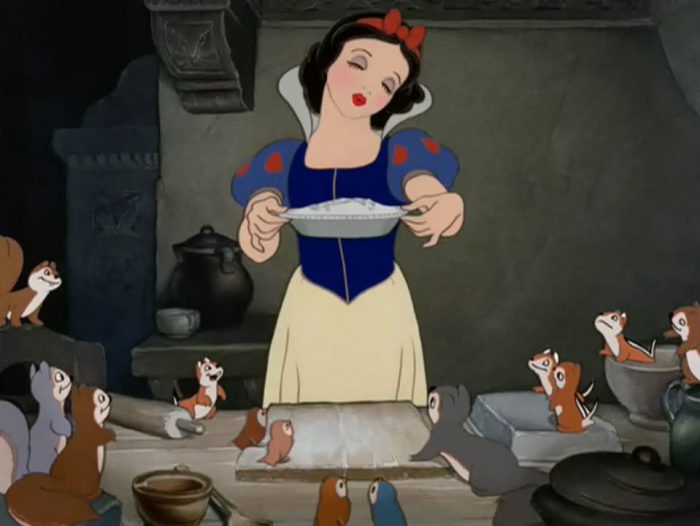
©Disney
Through one study, Griffin and other researchers analyzed Disney films and how they contribute to people’s expectations about working life and gendered workplace roles. They broke it down into various stages.
They’ve Seen Characters Forced to Work
First, in many Disney movies, characters are “subjected to work” because they are vulnerable, perhaps because their parents have passed away or because they’ve been separated from their parents. The work they’re subjected to is often characterized as degrading, frightening, or violent. For example, Pinocchio cries as he is put to work and then caged by his boss who says “Pinocchio, you will make lots of money for me, and when you are too old, you will make good firewood.”
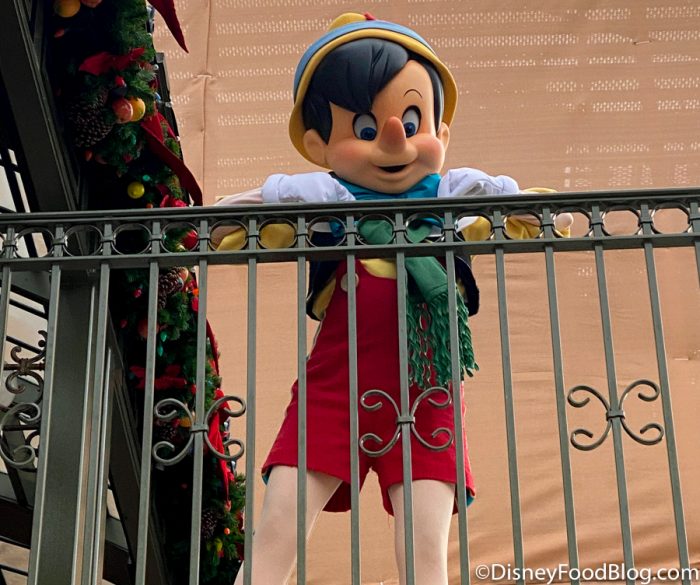
Pinocchio Does Not Equal Firewood to Us!
Snow White and Cinderella are also punished with work when they are separated from their parents. These characters have no free-will to stop their treatment, at least not initially.
They’ve Seen Characters Controlled by Authority Figures, Waiting to Be Rescued
On top of that, Griffin found that no less than 33 classic Disney films also show this work as being controlled by manipulative individuals, often portrayed as managers. For example, in Cinderella when she is told she can go to the ball if she does her chores, only to later complete her work and find out she is merely being taken advantage of by her stepfamily.
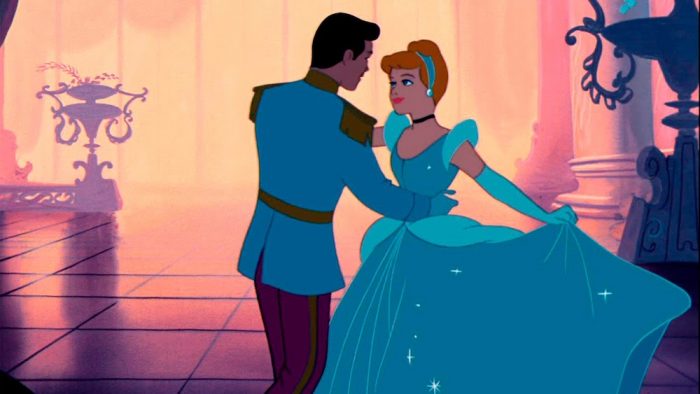
©Disney
Griffin says Disney’s response in the movies is to emphasize that the characters should “whistle while they work” — the apparent message being to conform to the situation until they’re rescued and often returned to a non-working environment.
They’ve Seen Characters Take Charge of Their Destinies
But, Griffin notes that Disney’s portrayal of work has changed in more recent films. While some of the aspects from the older films, including manipulative bosses and other similar themes, still appear, there are some changes like characters being more entrepreneurial. There are more movies representing female characters as having their destinies in their own hands, and films where characters bring their friends close to change their identity and their workplace.
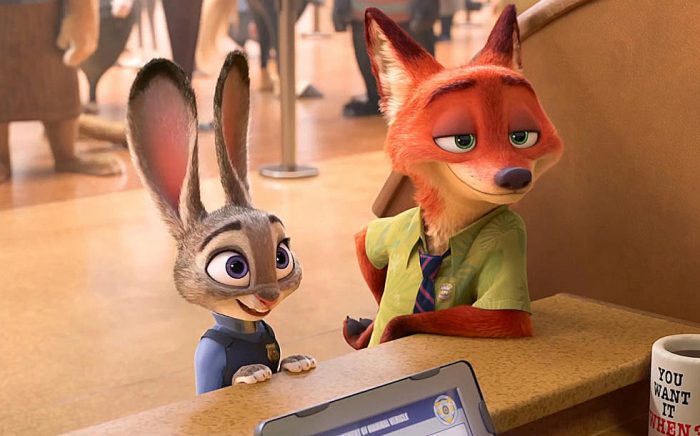
©Disney
So, if you’ve got a negative association with the traditional workplace or perhaps you’ve started to take a bit more of a Judy Hops “prove them wrong” approach, Disney films may have impacted your view of work in ways you didn’t even realize! You can check out the full research article from Martyn Griffin and the other researchers who worked on the project here.
The Disney Fan Experience is Different From Other Fandoms
Disney fans are just like other movie or book fans, right? In some ways, yes, but in other ways, the answer might be “no,” according to a thesis submitted by Megan Ashley Franklin to California State University, Northride.

Cinderella Castle
In the thesis, Franklin argues that the Disney fandom is “extraordinary.” Even though the majority of Disney fans analyzed for the thesis stated they were fans of something else as well (like Star Wars [also…technically Disney now!] or other TV shows),
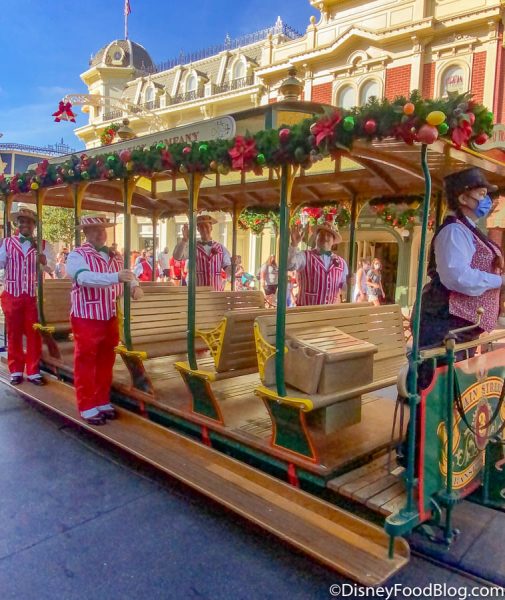
Dapper Dans on the Holiday Trolley
23 out of 25 fans argued that being a Disney fan is bigger than being a fan of something else.
Disney Fans Have Many Ways to Celebrate Their Fandom
Disney fans are somewhat different than other fans because of the “extraordinary fan activities that Disney fans participate in, such as pin trading, theme days, and runDisney Marathons.” Although other fandoms can be known to participate in activities, the wide variety of activities available to Disney fans and the ways that they allow fans to “engage with the object of their fandom” makes them unique.
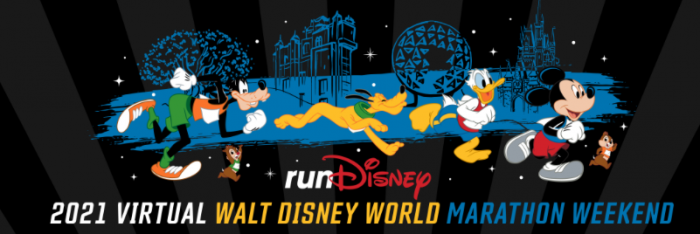
©runDisney
Basically, Disney fans like to have a reason to celebrate being a Disney fan in BIG ways!
Disney Fans Have Real Places They Can VISIT
In particular, one thing that makes Disney fans unique is their ability to “mediate the boundaries of the sacred and profane” because of the Disney theme parks. Franklin notes that the “Disney theme parks are crucial to the study of Disney fandom because they provide a physical sacred space for Disney fans to travel to and interact with.” Many places from other fandoms don’t exist physically. But, Disney fans are actually able to “physically enter new adventures,” separate from the outside world.
This means we can GO to Disney World, Disneyland, or another Disney Park. We can walk around and engage with a whole tangible WORLD of our fandom. Most other fans don’t have that ability. Lord of the Rings fans can’t simply walk into Mordor, but Disney fans can walk right up to Cinderella Castle.
The closest comparison, the Wizarding World of Harry Potter at Universal Studios, has some similar aspects to it, but Franklin maintains that it is different because it is smaller, more limited in its offerings, more narrow in its appeal, and newer. It lacks the history and folklore of Disney parks.
Harry Potter got a land or two in a theme park, but Disney fans get entire mini-cities, essentially, around the globe.
There’s a Folklore to the Disney Parks
The Disney Parks place a heavy emphasis on history and folklore. Whether that’s through a reference to an old attraction in the new one that has taken its place, chasing Hidden Mickeys, or other nods to the past, “Disney fans seek to preserve the history of the parks in extraordinary ways.”
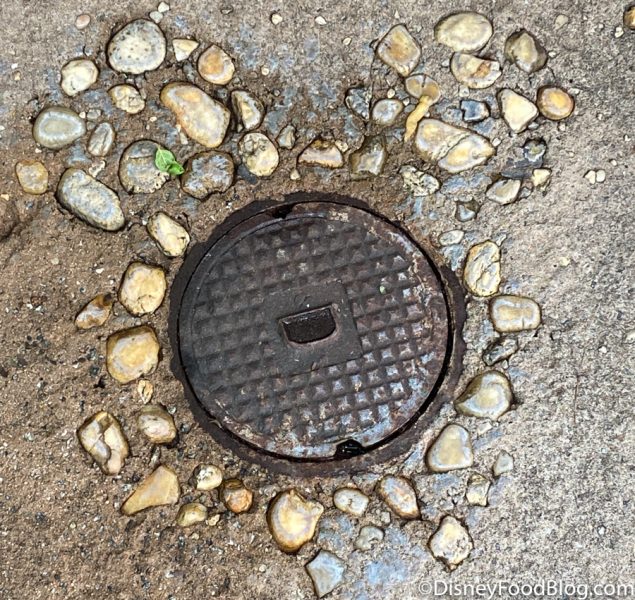
Hidden Mickey
And while the Disney parks have their own history, they’ve also “contributed to the history of the world,” with diplomats visiting the parks or other key events occurring there.
It’s A Big Deal For Fans to Visit a Disney Park
Another thing that sets the Disney parks apart is “their function as a sacred space. The Disney parks serve as a sacred space in two ways: as a site of pilgrimage and as a place of ritual.” That’s a very serious sounding way of saying it’s a big deal for Disney fans to step inside a Disney Park. Fans work hard, save money, and sometimes do all they can to visit the parks.

Magic Kingdom
There, they are then surrounded by symbols, rituals, and more that set the area apart from the outside world. Take Minnie Ears, for instance. Would you pop those on to go walk your dog around the block? Probably not. But in Disney World, it feels natural and even right to wear them.
Disney Parks Evoke Nostalgia For Many Fans
Finally, every Disney fan that was interviewed for Franklin’s thesis also “demonstrated a direct link between nostalgia and the past. All of the Disney fans who were interviewed for this project explained that nostalgia is an important part of why they are a Disney fan.”

Mickey Balloons
Many kids are exposed to Disney from a very young age and continue to watch the films or other Disney content over their lives. They can share that with past and future generations, so Disney can evoke nostalgia in a way that few other things can. If you’ve ever taken a ride on Dumbo in Magic Kingdom and remembered riding it with your parent as a child, you know what we mean.
You may have never thought of the Disney Parks as a “sacred space of pilgrimage and ritual,” but when you think about it, it might just make sense to you in light of the way you interact with the park and other fans there. So, the next time someone says Disney fans are JUST like other fans, turn to this paper and show them some ways they might actually be extraordinary!
Disney Films Can Inspire Kids to Help Their Friends
Ever see a Disney movie and feel inspired by it to do something good or be brave? Well, it turns out Disney movies could potentially inspire that positive behavior.
In one study from Rebecca N. H. de Leeuw and Christa A. van der Laan, 113 Dutch children and their friends were analyzed. Kids in the experimental condition of the study were exposed to a Disney clip where the main character helped one of their friends. Specifically, they were shown a clip from Cars where Lightning McQueen helps another car get to the finish line.

Cars ©Disney
Kids in the control group watched a clip from the beginning of the same race in Cars without the portion that included the helping behavior. After, the kids were asked to complete a puzzle challenge and were told that if they couldn’t complete the puzzle on their own, they could ask their friend for help. The experimenters looked at how many times a child helped the other child in their pair as well as the total times the children helped each other.
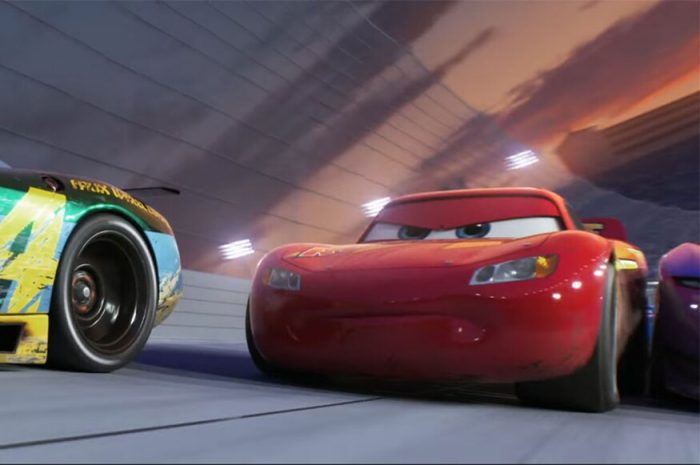
Cars 3 ©Disney
What did they find out? Part of their analyses showed that “children who watched the positive Disney clip more often provided help and spent more time helping than children who watched the Disney clip without the helping behavior.” So, according to this study, watching a Disney film can make you a better person potentially — kind of.
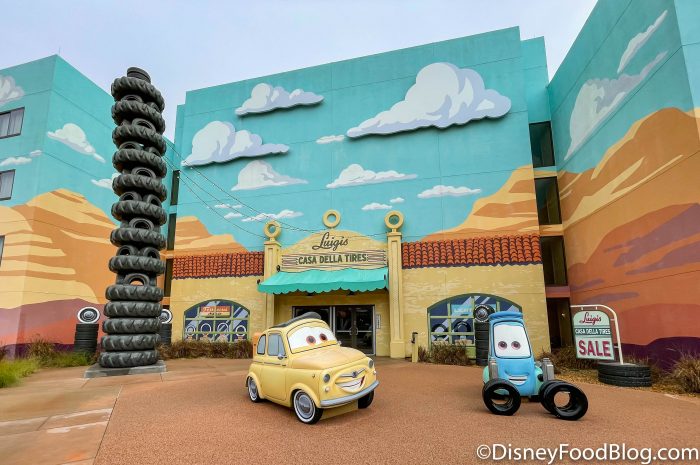
Art of Animation
The catch here was that children who had seen positive Disney clips in the past didn’t appear to be any more helpful than those who hadn’t. It was only the kids who were shown the clip immediately before doing their task that were more helpful. The message was fresh in their mind and caused them to respond more positively. It’s still cool to know that positive moments in Disney films could (at least in the short-term) inspire some positive effects. Check out the full study here.
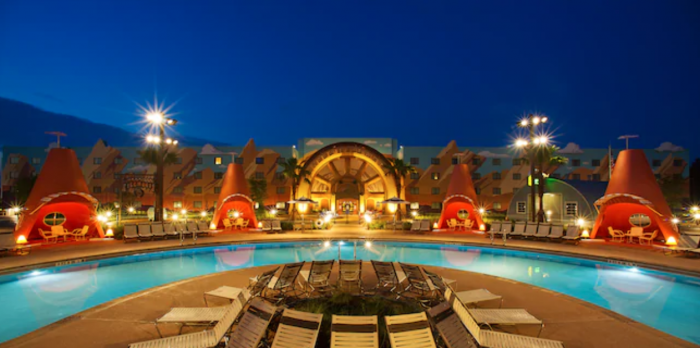
Cozy Cone Pool
While these are the three studies we focused on today, there are some other analyses and thoughts about Disney and its fans out there. Ever wonder just WHY some may love the Disney parks so much, from a more brain-focused perspective? According to one article from the LA Times, Imagineer Joe Rohde has noted that, when you enter the Disney parks, “Your brain comes into that place where another brain has done all the organization, all the super cohesiveness that your brain is looking for…So it’s like surfing on a wave instead of surfing out to sea against it.”

Tree of Life
Marty Sklar is also quoted as having said that “John Hench used to say that Disneyland was reassuring…You feel safe. You know you’re going to be respected. Everything is clean. It’s reassuring because you know things work.” And that reassuring nature could be part of the reason why so many flock to the parks and find it to be a place of joy and happiness.
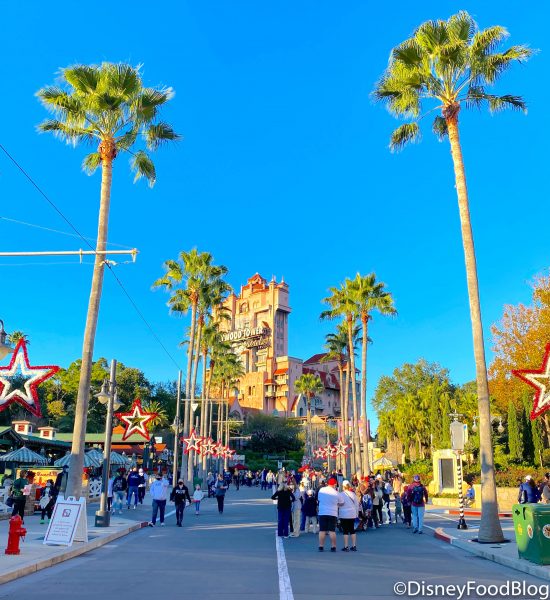
Tower of Terror
Are you a Disneybounder (meaning you like to dress up in clothes inspired by Disney characters without actually wearing a costume), Dapper Day fan (meaning you are all about vintage attire!), or a part of some of the Social Clubs or gangs in big cities that frequently don Disney Gear? You might think these groups are very separate, but one dissertation noted that they’re more interconnected than you might think and that feeling like a part of these groups of fans might actually impact your shopping tendencies.
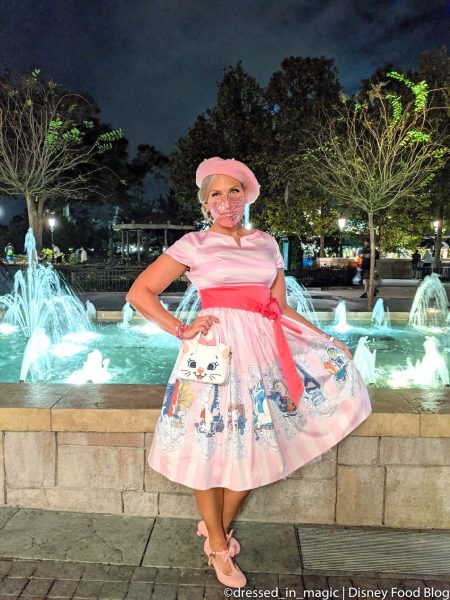
Disneybounding
All in all, there are quite a few ways that Disney and Disney fandom may have or currently be impacting you. There might be some things that make the Disney fandom unique from others in ways you hadn’t really thought about before. Just goes to show you that Disney and its fans can be much more than what meets the eye.
64% of Disney fans polled got this trivia question wrong! Do you know the answer?


